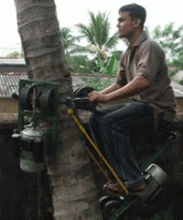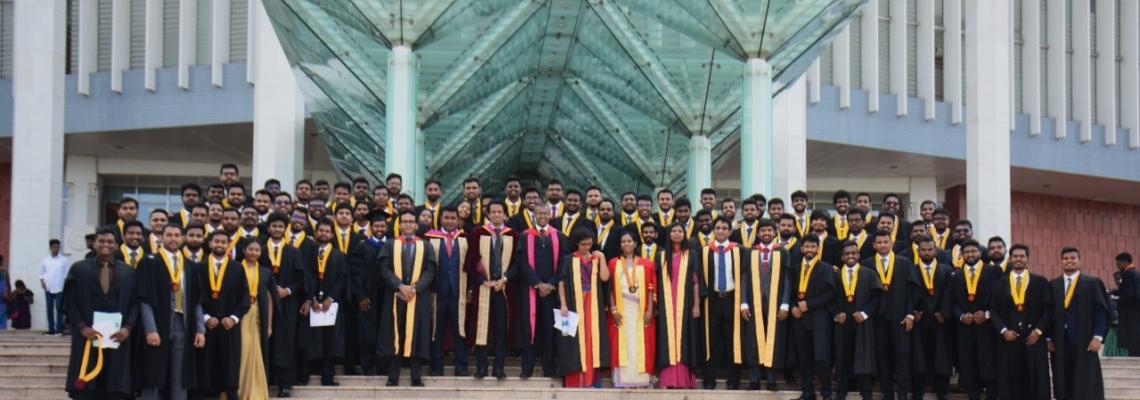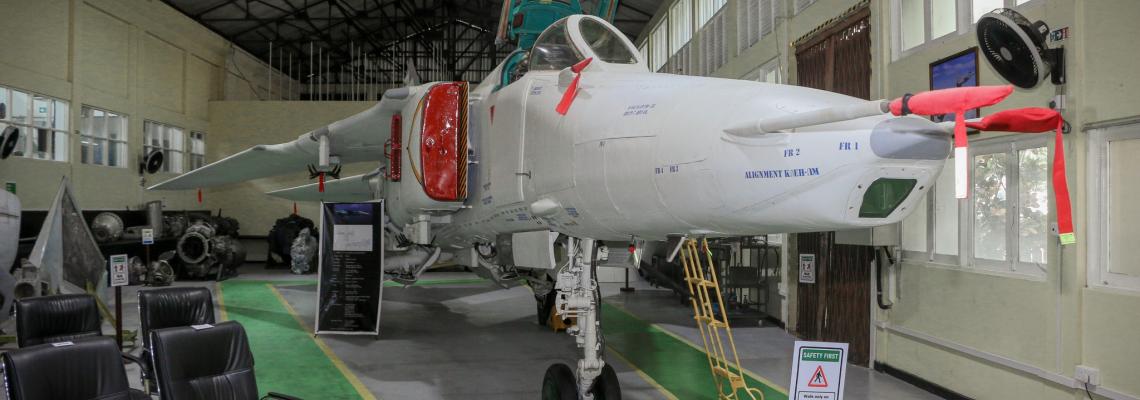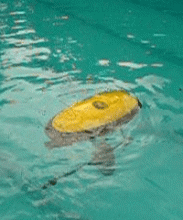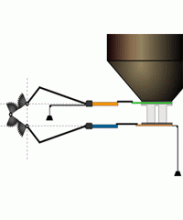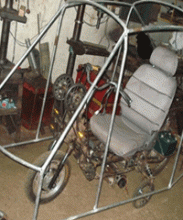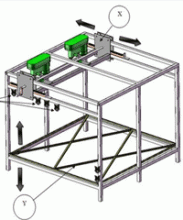Designing, Fabricating and Testing of a Coconut Tree Climbing Device
Labour for climbing coconut trees is getting scarce. Attempts were carried out to replace the man with a robot. But they failed due to many reasons .So there is a need to come up with a safe and effective coconut tree climbing device which is capable of elevating a human along the tree trunk.
There had been several other attempts locally & internationally to come up with devices which are capable of elevating a human along the trunk & also coming up with tools which make the task of the man climbing the tree safer. But they lack certain important aspects as well. Hence we took the task of coming up with a more effective & safer device which can elevate a human along a coconut tree.
